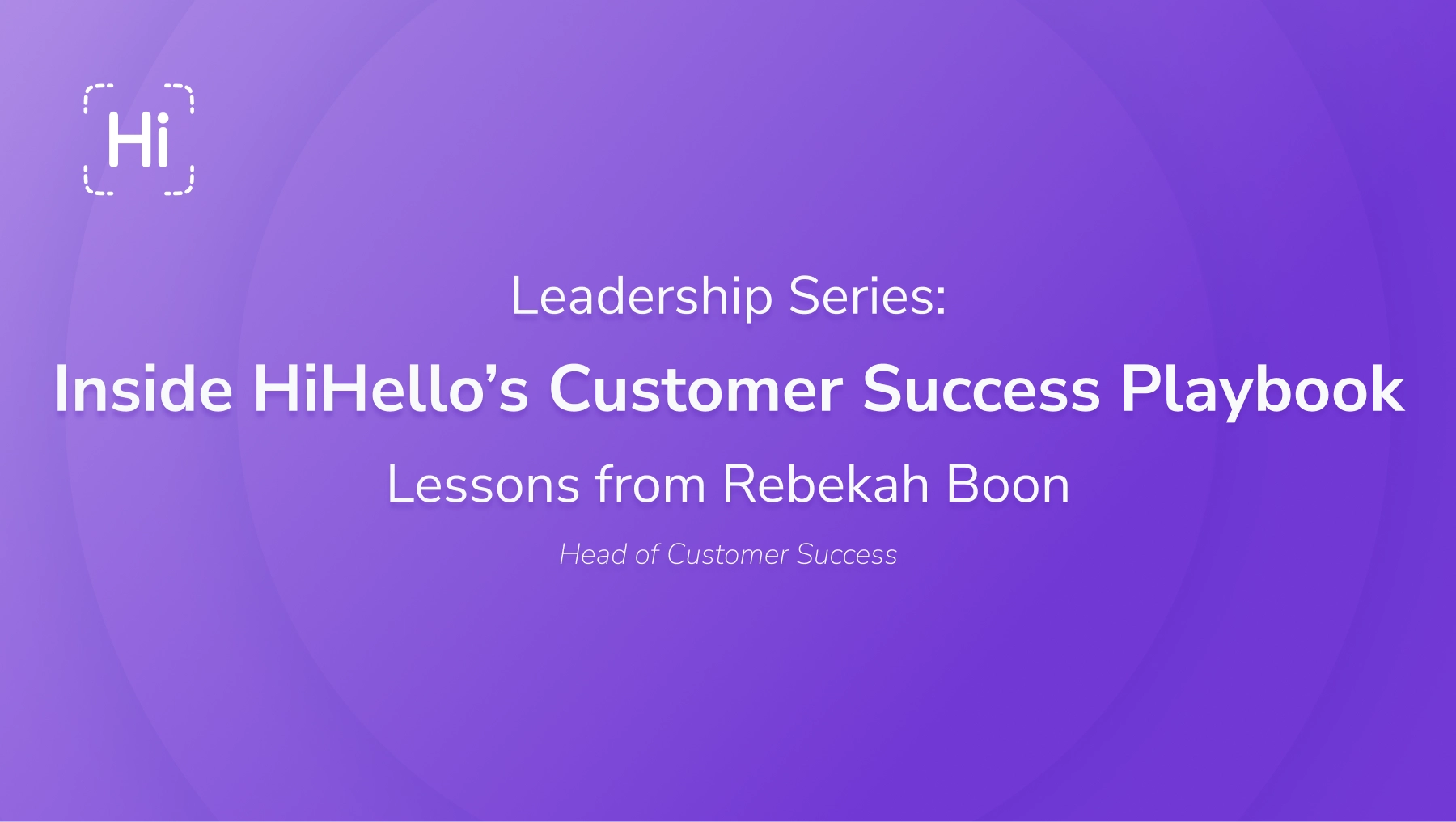From introducing yourself at a networking event or a job interview, your elevator pitch is the perfect way to share who you are and what you do. Whether you’re looking to expand your network, find a job, or make a good impression on a potential customer, an excellent elevator pitch can be the key to making a good and lasting impression.
To help you craft the perfect pitch for any interaction, we asked over 150 experts for their advice, and we used their answers to write this guide to a killer elevator pitch. Keep reading to see what these experts had to say.
When to use an elevator pitch
An elevator pitch is most commonly thought of as a way to pitch yourself to employers, and it can be a great way to make that first impression and land a job, but they’re useful for more than potential employers. Elevator pitches are also an excellent way to introduce yourself to networking connections, clients, and customers.
How long should an elevator pitch be?
A perfect elevator pitch should be between 20 and 90 seconds. That may not seem like much time, but most people can say around 100-150 words in 20 seconds and as many as 657 words in 90 seconds. That’s a lot of words.
Keep in mind you’re working with a finite amount of time. Whether you’re actually making an introduction in an elevator or somewhere else, you don’t want to waste anyone’s time (or bore them), so create a quick and powerful pitch that’s as short as an elevator ride.

What should I include in an elevator pitch?
As we read through every response, we found a theme to what should be in every elevator pitch. The three key elements of an elevator pitch boiled down to an introduction, a value proposition, and a call to action.
What shouldn’t I include in my elevator pitch?
1. Technical Jargon
Avoid technical jargon and instead, “focus on conveying [the] message in a clear, simple language that is easy to understand.”
- Sophia Jones, Financial Analyst at PiggyBank
2. Negative Language
“Focus on the positive aspects of your value proposition and what you can offer, rather than pointing out the flaws or shortcomings of others.”
- Rhys Charles, founder and CEO of Mower On The Lawn
3. Too much information
Center your pitch around a single point, “if you try to include every detail and piece of relevant information, you’ll overload and potentially annoy your audience.”
- Denise Hemke, CPO of Checkr
How to write the perfect elevator speech
1. Focus on how it sounds
Don’t let your pitch come out like it was written by a robot. Create a pitch that represents your personality and voice.
“It’s easy to read whether it is grammatically correct on paper, but does it sound compelling? You’d be surprised how different your pitch may come across when you year it aloud.”
- Larry Snider, VP of Operations of Casago Sedona Vacation Rentals
2. Be memorable
No matter your reason for delivering an elevator pitch, the goal is the same. “Your
pitch should be memorable and leave your audience wanting more.”
- Christian Rasmussen, Founder & CEO of CiteType
3. Be flexible
Just because it sounds perfect to you doesn’t mean your audience will react the same way. “Be prepared to adjust your pitch on the fly based on your listener's reactions and feedback.”
- Nick Mullay, Founder of Quick Scope

4. Focus on authenticity
Trust is everything. “Even if the content and structure are perfect, you won’t get far without authenticity… You much be able to come across as an authentic advocate of your brand.”
- David Bitton, Co-founder & CMO of DoorLoop
5. Add Value
“Concentrate on what you do for others rather than what you do. It’s a subtle but important shift that makes all the difference in how people hear and retain what you do.”
- Becky Colwell, Sales Coach & Business Mentor or Heart to Heart Sales
6. Know your audience
Every interaction is unique, and therefore every pitch should be unique. While you can use a base pitch, always “tailor your pitch to the specific needs and interests of your listener.”
- Dan Chan, Sage of Silicon Valley
7. Include the follow-through
The goal of pitching yourself is to create a relationship. Whether that’s to sell a product, get a job, or create a networking connection, you should never forget the follow-up. “Always hand out your contact information and establish a connection with your audience even after you give your elevator pitch.”
- Sebastian Montoya, Co-founder at MNA Community

Need the perfect business card to share after delivering your elevator pitch? See our ultimate guide to digital business cards.
Main photo by Edwin Chen on Unsplash




